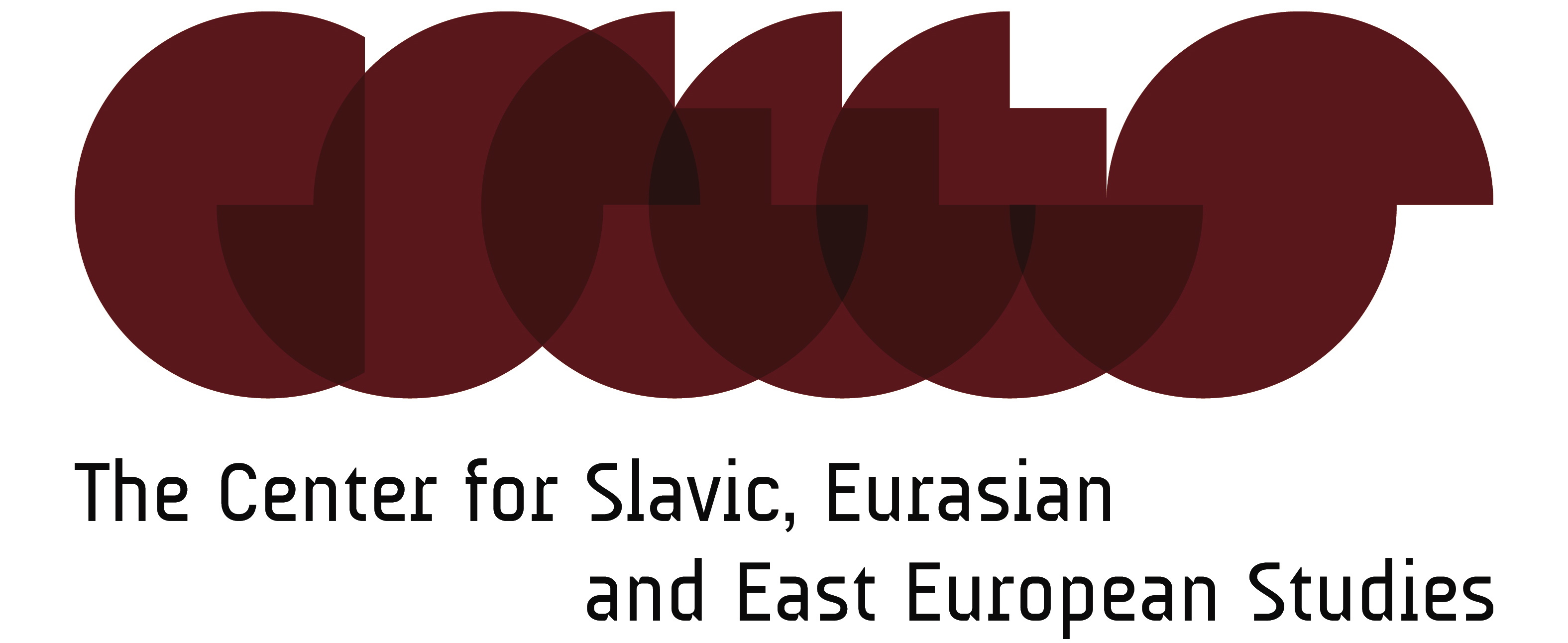Was 2018 hopeful? In the United States, it was supposed to be the year of the “blue wave”— an event that had mixed results. In Russia, it was the year that Putin was reelected by a convincing margin. It was also the year that Alexei Navalny, a continued political thorn in the Russian government’s side who fashions himself as Russia’s main opposition leader, was barred from even entering the election. Was 2018 hopeful? For Leonid Volkov, the answer is yes.

Leonid Volkov is the former chief of staff for Alexei Nalvalny and former deputy of the Yekaterinburg City Duma. He is also the founder of the Internet Protection Society, an NGO focused on internet freedom and digital rights in Russia, and currently serves as the chair of the central election committee of the Russian Opposition Coordination Council.
Why was 2018 so hopeful for Volkov? In his talk at UNC Chapel Hill on February 28, he depicted this year as a positive transitionary point for Russia’s opposition party. He saw the 2018 election as allowing the opposition to successfully create a functional regional infrastructure to support Navalny’s political movement, Russia of the Future. This involved the creation of over 40 regional offices that have become involved in local elections and push for local political agendas, including calls for more environmental regulations. The popularity of Navalny and their movement has also dramatically increased. Now, through their various social media channels, they are able to communicate with over four million people daily.
Volkov also presented the argument that the 2018 election was a poisoned chalice for Putin. Putin, as Volkov took care to remind the audience, has broken almost every law in the Russian constitution—except, that is, the one that prevents the president from serving more than two consecutive terms. After this election, Putin will either have to go against the constitution or change it, something that Volkov predicts will be widely unpopular. Putin’s age is also a factor. With a dramatic age difference between Putin and the rest of the government officials and employees, it is hard for them to not envision a time when his personal promises to them will no longer be quite so important. As Putin grows older, Russian elites will have to seriously consider life without Putin. The Russian expression, “starost ne radost,” translates as “old age is not a pleasure,” (or simply, it’s no fun getting old) has become a relevant expression once again—especially in discussions of Putin.
For Volkov, the role of the opposition is to pressure the political elite into enacting leadership change. Barring the occurrence of a “black swan event,”—an unexpected occurrence that majorly effects political and social systems—Volkov sees steady pressure on elites as the only way to affect this desired change.
Thus, despite the electoral loss and Putin’s continued rule, Volkov sees hope. For Volkov, change in Russia’s political system is not a matter of “if,” as some analysts may lead some to believe, but “when.” And, as Putin ages, political movements coalesce and Volkov’s activism continues, this change will come sooner rather than later. And so, 2018 was a hopeful year.
—Albert Cavallaro
(MA Student in Global Studies, REEES Track)

